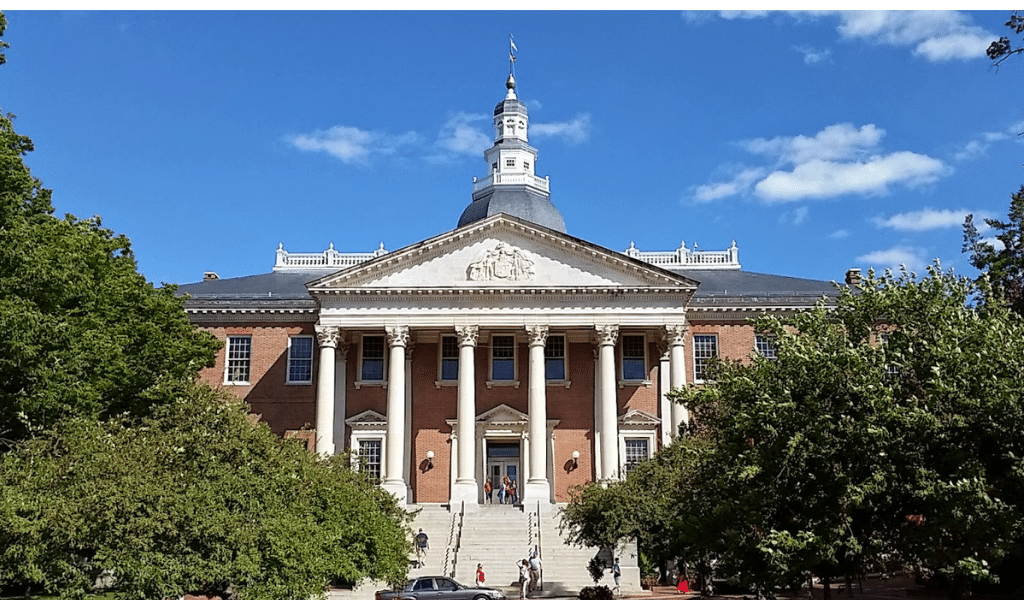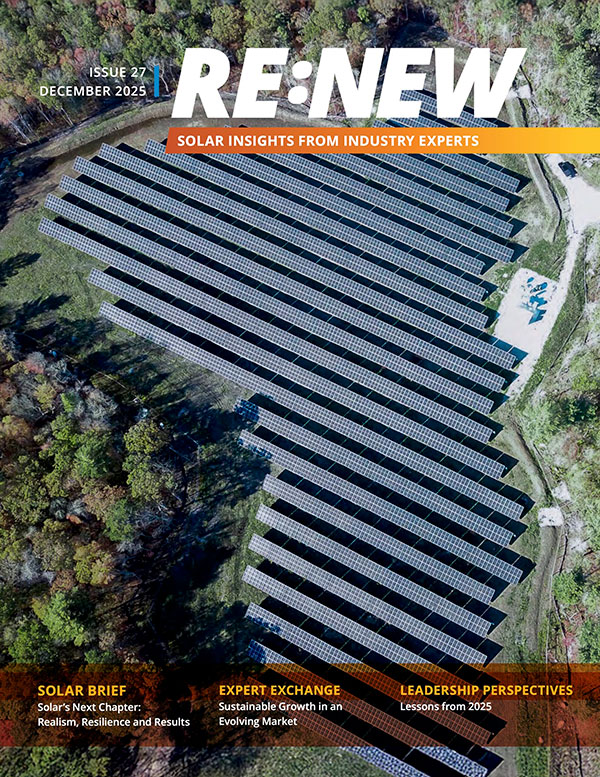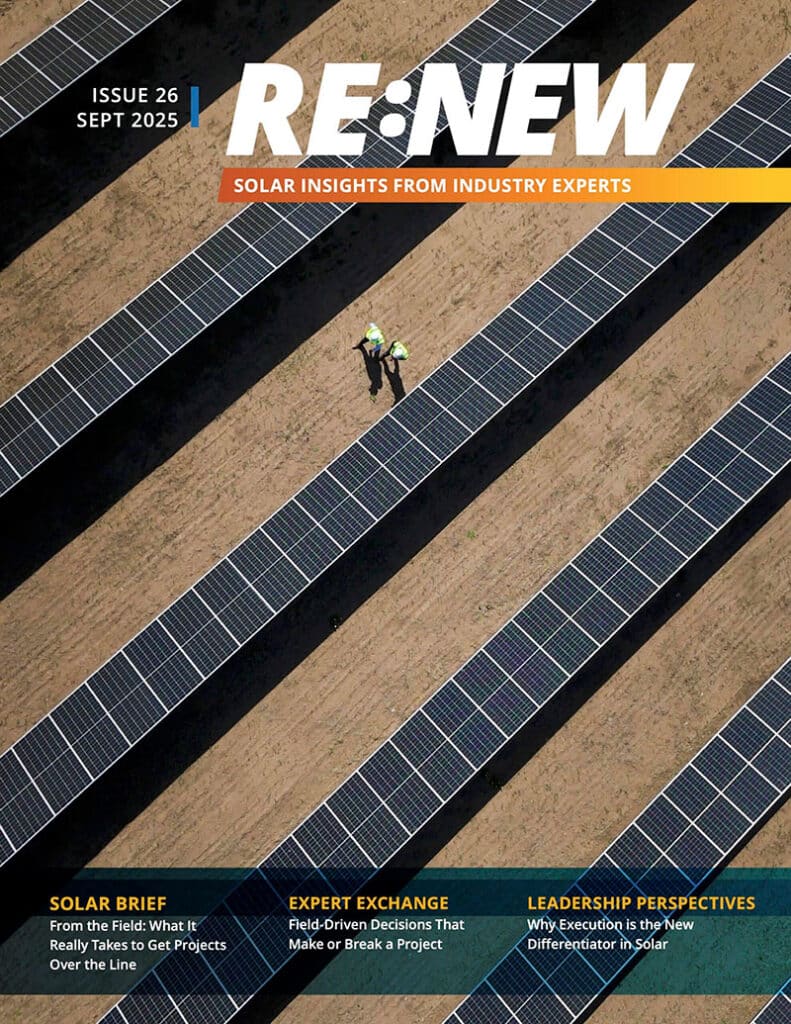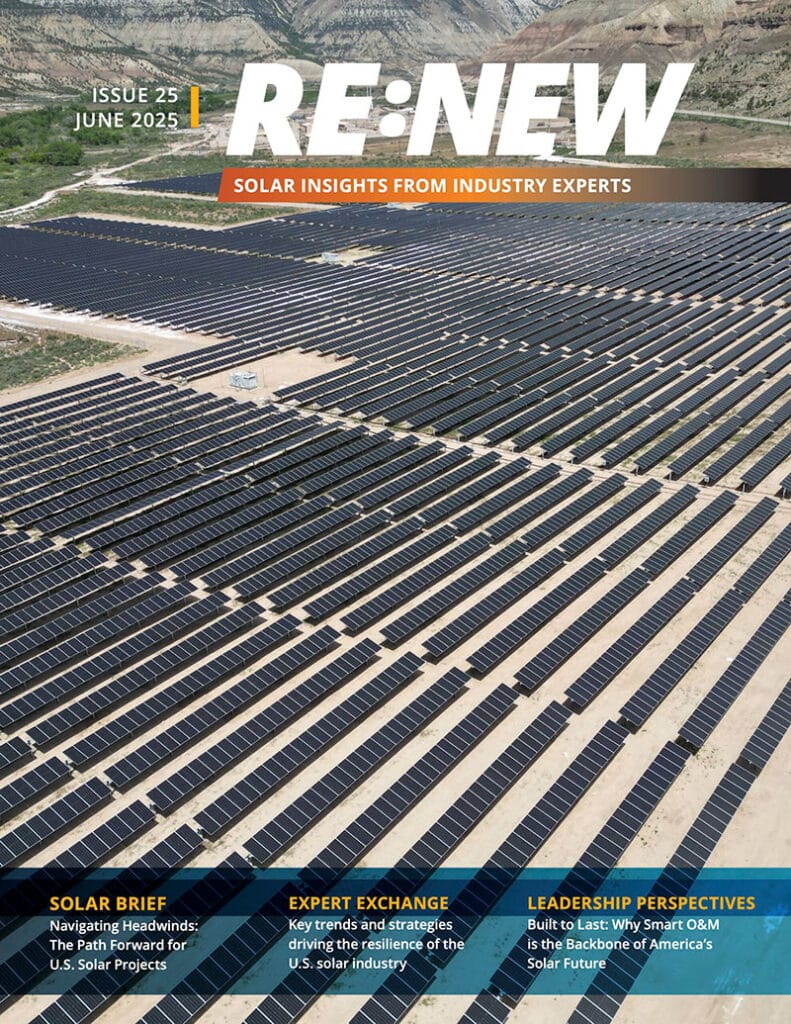March 5, 2019
Senate Finance Committee
The Clean Energy Jobs Act (SB 516) Favorable
Madam Chair and Members of the Committee:
My name is Tony Clifford and I am Chief Development Officer of Standard Solar, headquartered in Rockville, MD. Standard Solar is the largest solar company headquartered in the state of Maryland, and one of the leading Distribution Generation (DG) solar companies in the nation. Sadly, less and less of Standard Solar’s business is taking place in our home state of Maryland.
For nearly 10 years I served as CEO of Standard Solar, with the last 2+ years as Chief Development Officer. Over the years I have been deeply involved in policy issues here in Maryland. I served as president of MDV‐SEIA for four years. For the past seven years I have served on the board of directors and the executive committee of the national Solar Energy Industries Association (SEIA).
I am here today in strong support of the Clean Energy Jobs Act. However, I am not going to give testimony supporting specific features of the legislation or recommend any amendments. There are plenty of witnesses who are doing that. Rather I urge you as follows:
If you pass one piece of renewable energy‐related legislation this session, it should be the Clean Energy Jobs Act ‐ SB 0561.
Right now, there are 43 bills in the Maryland Senate relating, in some fashion, to renewable energy. The most impactful in terms of jobs, economic development, and long‐term energy and environmental security is the Clean Energy Jobs Act.
Last year there was a 49% drop in the number of solar installations in the state. The MD solar industry lost about 15% of its workforce (more than 800 jobs) in 2018! Without passage of this legislation, the solar industry is going to lose more jobs in 2019. Wind energy is not faring well either. In‐state wind generation is almost non‐existent. Meanwhile other states are thriving, in spite of the Trump tariffs. Standard Solar, by itself, is building and financing nearly 100 MW of community solar projects in the Northeast and Midwest. Sadly, the community solar pilot program in Maryland is barely off the ground. While there are several reasons for these disappointing facts, the common theme in all of them is the inadequacy of the existing Renewable Portfolio Standard (RPS). However, the RPS is only inadequate because it has been so successful.
The demand for solar in the state is now more than the amount of solar‐generated electricity that Maryland utilities are required to purchase. However, recent studies in a number of states, including Maryland, show that distributed generation solar provides the utilities with much more than just competitively priced electricity. The recent MD Public Service Commission‐sponsored study by Daymark Energy Advisors found that Distributed Generation solar electricity provides the utility with $50 to $110 per MWh in avoided energy, capacity and transmission investments ‐‐ and that does not include the health benefits of a cleaner environment and non‐monetized carbon dioxide benefits which could add another $10 to $20 per MWh.
When I joined the nascent 3‐employee Standard Solar in 2007, there were plenty of legitimate questions about the ultimate economic viability of solar, wind and other renewable technologies. At that time many people also questioned the claims of scientists predicting accelerating climate change.
Well, in the past decade solar and wind have proven their economic viability by becoming cost competitive with natural gas and coal‐fired power plants in much of the country (They were cost‐ competitive with oil‐fired power plants years ago). Moreover, a decade of increasing worldwide temperatures, rising sea levels and very weird weather has convinced almost all Americans that climate change is real, and is a problem we need to deal with now.
There was an article in last Sunday’s New York Times about the impact of climate change on the Iditarod dog sled races in Alaska where they are trucking in snow to cover formerly snow bound roads; and building temporary bridges across rivers and lakes that are now open water in early March. However, you don’t need to look to Alaska for the impact of climate change when Maryland’s Eastern Shore is losing thousands of acres a year to sea level rise. Climate change is the existential threat to our way of life.
I do not believe that climate change and energy policy need to be partisan political issues. However, now that a moderate Democrat, Governor Jay Inslee, of Washington state has joined the field of Democrats running for the White House on a climate change platform and a freshman Congresswoman and others are touting a “Green New Deal,” it is a certainty that climate change is going to be a major political issue in the next election at both the state and national level.
So, how does one tie passage of the Clean Energy Jobs Act to the broader concerns of renewable energy and climate change? Passage of this bill is an immediate tangible step to a clean energy future and a great move towards reducing greenhouse gas emissions. It is good for the economy and people of Maryland.
Your constituents want more renewable energy and their concerns about climate change are becoming increasingly strident. A vote for the Clean Energy Jobs Act is good policy. It is a policy that Marylanders want, and your vote will also put you on the right side of history.
If you pass one piece of renewable energy‐related legislation this session, it should be the Clean Energy Jobs Act ‐ SB 0561.
Tony Clifford
More Recent Blog Posts
Massachusetts: A Visionary State in Community Solar Growth
February 13, 2026
Standard Solar · 3 min read
Unlocking Student Imagination with Solar Energy
January 20, 2026
Greg Libecci, Energy Advisor, Generation180 · 4 min read
Delivering on Our Promise: 2025 in Review
December 11, 2025
Scott Wiater · 3 min read
How Student Health Unlocks School Energy Projects
December 3, 2025
Standard Solar · 4 min read





Share